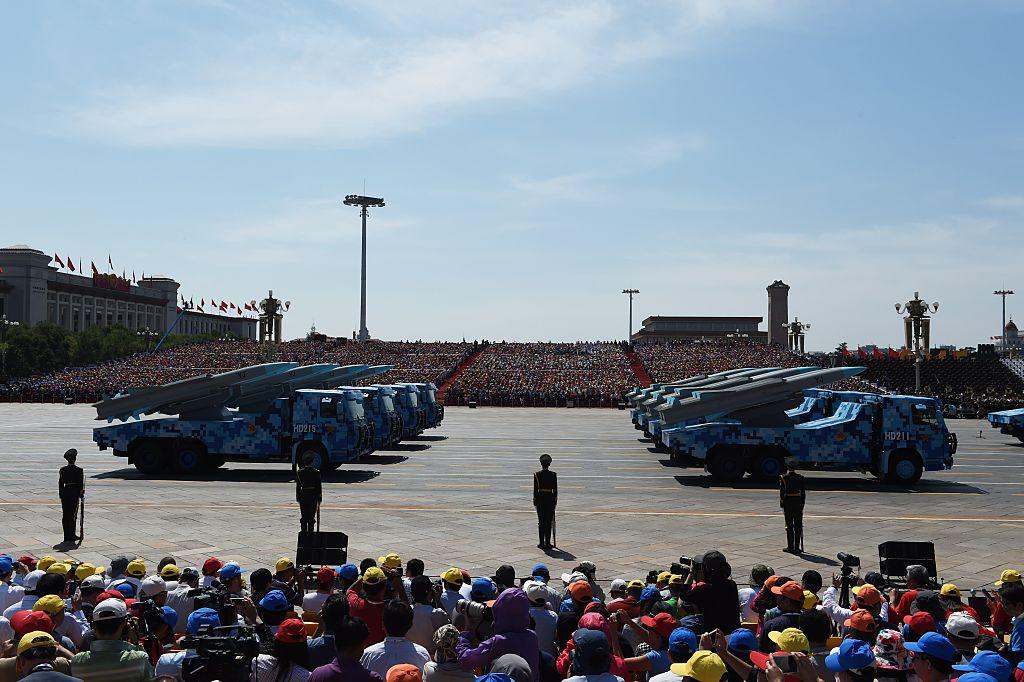Beijing’s continuous efforts to develop space-based capabilities are posing a grave threat to the U.S. military, according to a recent U.S. Pentagon report.
In a report titled “Challenges to Security in Space” published on Feb. 11, the Pentagon warned that despite China’s official stance of advocating peaceful use of space, as it seeks multilateral agreements on non-weaponization of space at the United Nations, Beijing hasn’t been practicing what it preaches.




